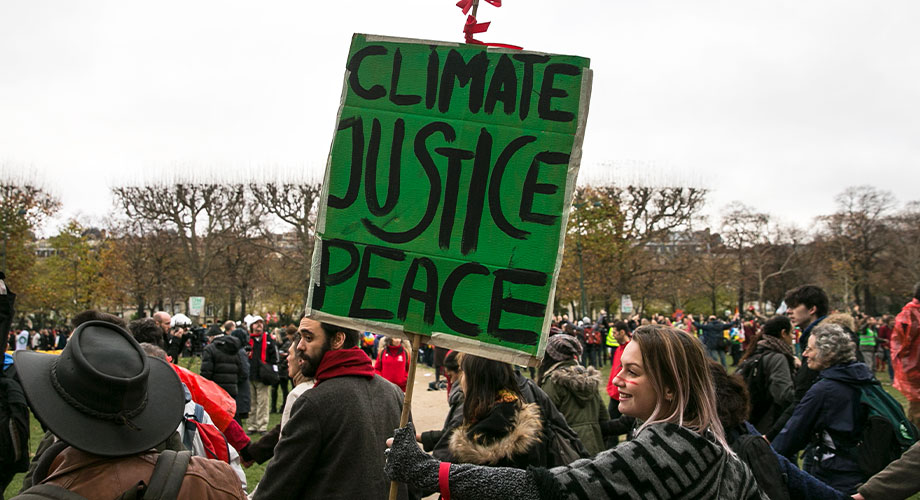The triple planetary crisis: Global Foresight Report reveals global shifts

“Polycrisis” is the term used by the United Nations Environment Programme (UNEP) at the opening of its latest report, produced in collaboration with the International Science Council, to describe the current scenario characterized by a triple planetary crisis in which the intertwining of climate change, biodiversity loss and increased pollution and waste add up to existing economic and political conflicts having unprecedented impacts and significantly degrading humanity's prospects.
The report then identifies and analyzes eight critical global shifts that are accelerating this disastrous trend. Already well-known issues, such as scarcity, and the resulting competition, for resources or the persistence and rise of inequality, are placed in new contexts, permeated by technological advancement and the increasing use of artificial intelligence.
Each of the phenomena is accompanied by some signals of change, eighteen in total, which, as they are not necessarily positive or negative, offer an early glimpse of the potential upheavals that the world needs to keep an eye on.
Prevention is indeed the key word in the second part of the paper, in which the adoption of better forecasting tools is seen as the best way to anticipate future disruptions. As stated by Peter Gluckman, president of the ISC, “Foresight provides a useful set of tools to step outside of short-termism to help identify future opportunities and risks provided that it is done in a truly pluralistic manner.”
As for moving beyond short-term strategies, the report offers a clear reminder of the interconnectedness and fragility of our systems in the 21st century, embodied, for example, in the promotion of a fossil fuel-based production system despite the obvious climate crisis, and warns that prioritizing short-term gains over preventive action and preparedness puts long-term prosperity and the health of the planet at risk.
On the implementation of a true pluralistic approach, the paper promotes a form of resilience based, on the one hand, on a new “social contract” that accepts diverse participation, including indigenous peoples, and leaves ample space for youth, and, on the other hand, on agile and adaptive governance that emphasizes community empowerment and the promotion of innovation in society, using long-term goals and visions as guides.
The preventive strategy also fits into the current of growing interest and demand for foresight, also reinforced by the UN reform agenda and the Secretary-General's report “Our Common Agenda,” which calls on all UN agencies, as well as all UN member states, to engage more deeply in foresight practices and apply the resulting insights to address global systemic risks.
The findings of the report will eventually be integrated into UNEP's strategic planning, potentially influencing the Program's Medium-Term Strategy (MTS), presenting an opportunity to consider expanding programs in areas such as artificial intelligence, new technologies, and robotics in agriculture, stimulating discussions on the level of engagement in these issues. This will serve as an opportunity for UNEP to take a proactive stance and modernize tools to achieve efficiency and savings.
In addition, the report will serve as the agency's contribution to the Summit of the Future next September. Although it is not expected to have substantial influence, it may provide input to preparatory discussions and events, especially in relation to environmental dimensions.

